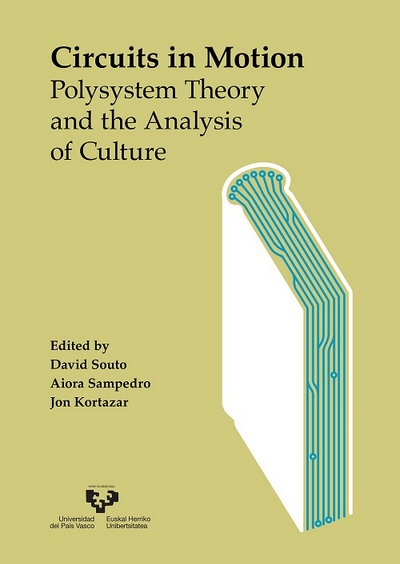Circuits in motion. Polysystem theory and the analysis of culture
Abstract
Idea makers allied to centers of power are able to flood the citizenry with a Nile-sized flow of images each and every day, a current so large and seemingly untamed that it robs many otherwise perspicacious people of their ability to remember a key, and we believe, unassailable postulate of Polysystem Theory critical outlook, that there is no cohesion, and therefore no recognizable schemas of meaning in culture without the “curating” of extant cultural inventories.
In short, Even-Zohar’s theory teaches us that, however invisible their presence might seem to be in a given moment, there are always relatively small groups of people working in concert with key power holders to generate and maintain elite-friendly concepts of “reality” for the rest of us, and that with a little bit of searching, we can actually locate and expose to others exactly who they are, and how they work their semiotic magic on the majority.
 Back
Back
